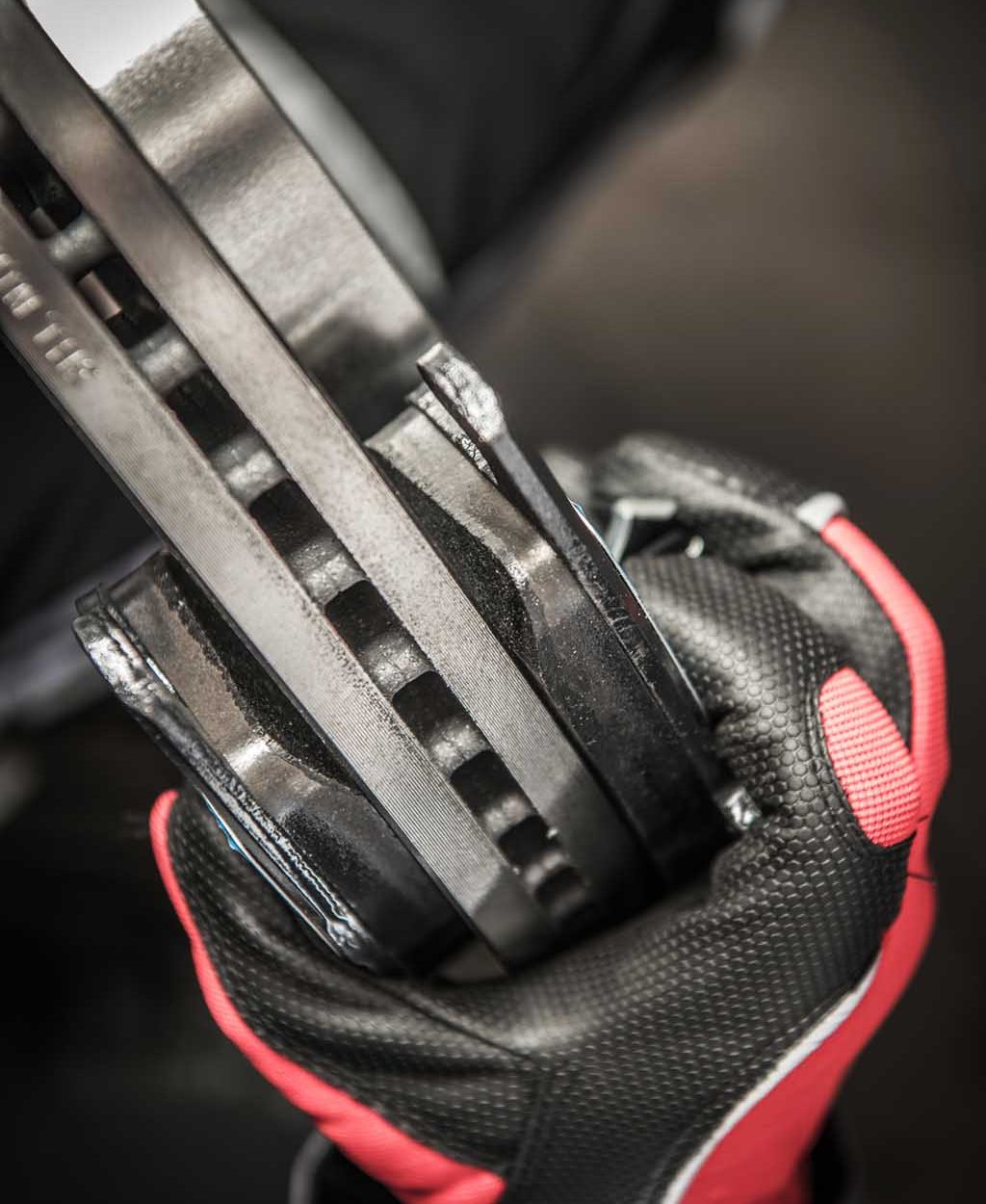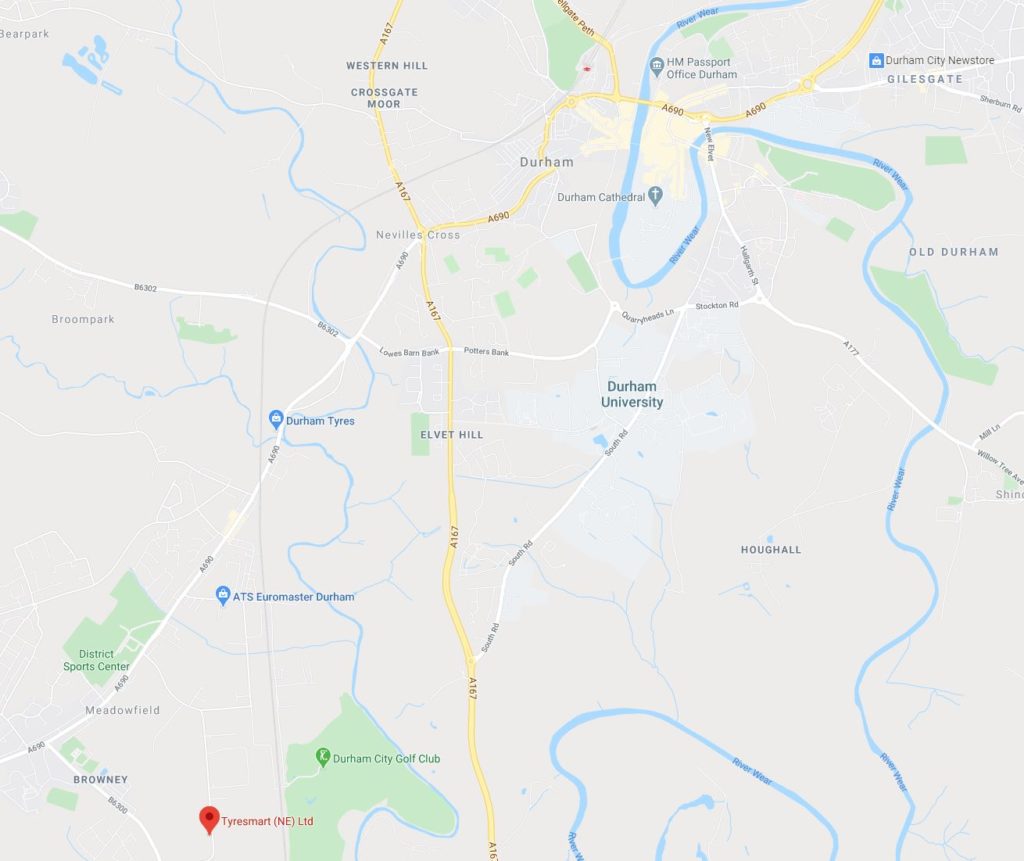Total Brakes Support
It can often be difficult to identify any problems with your brakes. Here are a few obvious signs that there’s an issue within your braking system, including:
- Squeaking
- High Handbrake
- Soft brake pedal
- Sponginess
- Grinding
- Pulsating
- Car pulling to one side when braking
- Brake warning light on your dashboard
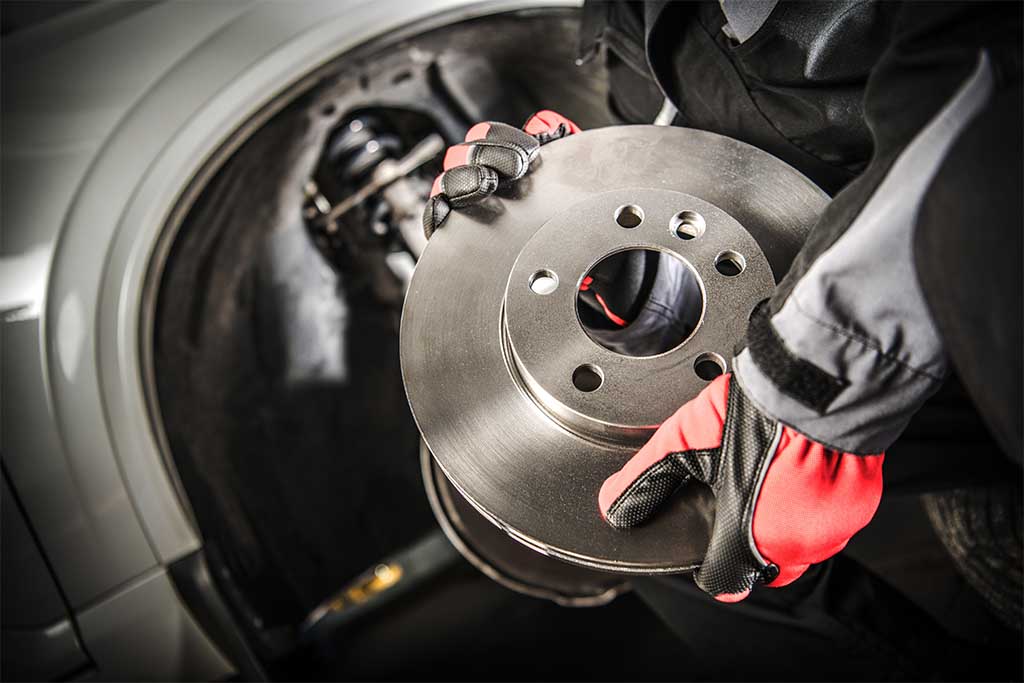
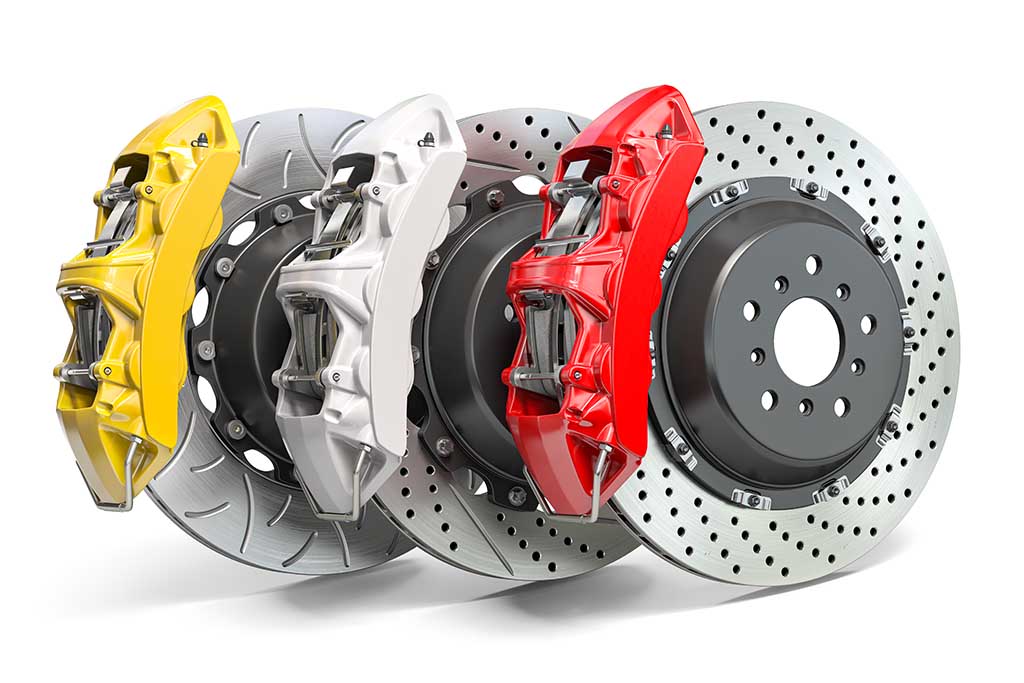
Brakes Maintenance
Whether you’re embarking on a long journey, or you’re just concerned about the condition of your brakes, our free car brake check will check your entire braking system to ensure it’s in full working order to keep you and your family as safe as possible on the road.
Our free multi-point brake check will give you peace of mind that your brakes are fully operational. Our expert trained technicians will check your braking system to identify any issues and advise on any recommended repairs or replacements. If a repair or replacement is needed, we will provide you with a no-obligation quote for the work and you can rest assured that we only use the highest quality replacement parts which are guaranteed for 12 months or 12,000 miles – whichever comes first.
Brakes Check
If you notice any of the warning signs above, then bring your car into or Durham Service Centre so one of our friendly, experienced technicians can identify and fix the issue to get you safely back on the road.
Our free brake check covers a visual inspection of all components in your car brake system. Our trained technicians look at brake pads, shoes, callipers, hoses, discs, and handbrake linkages.
If brake repairs are required, we’ll let you know why, and we’ll advise you of costs upfront and you can can check out our brakes for life offer.
For safety’s sake, it’s important to have your vehicle inspected as quickly as possible when you notice any of the above symptoms.
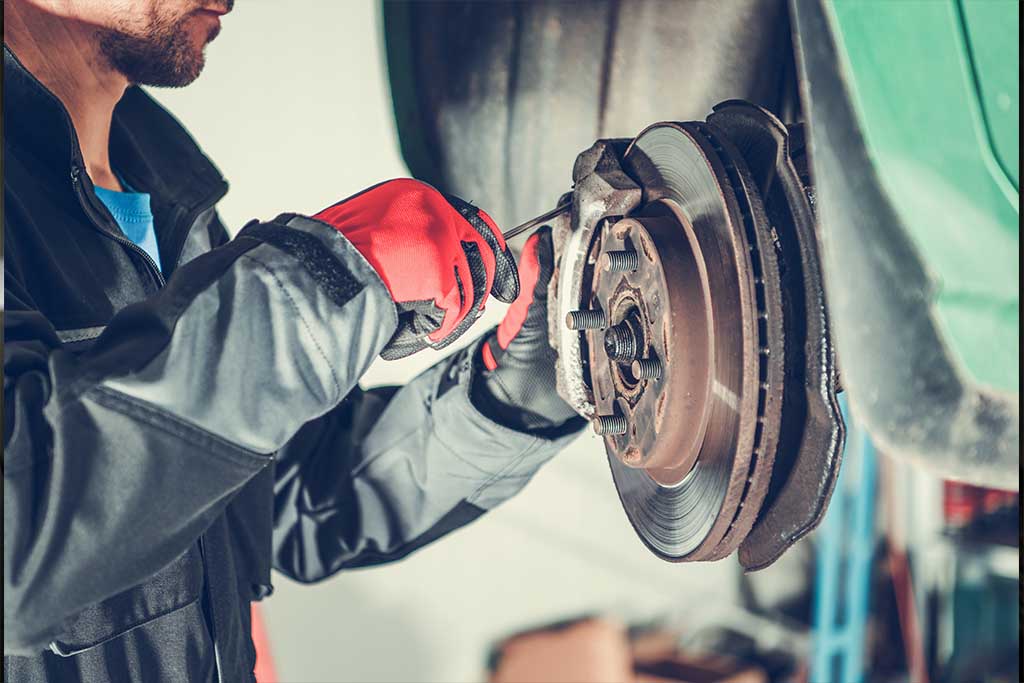
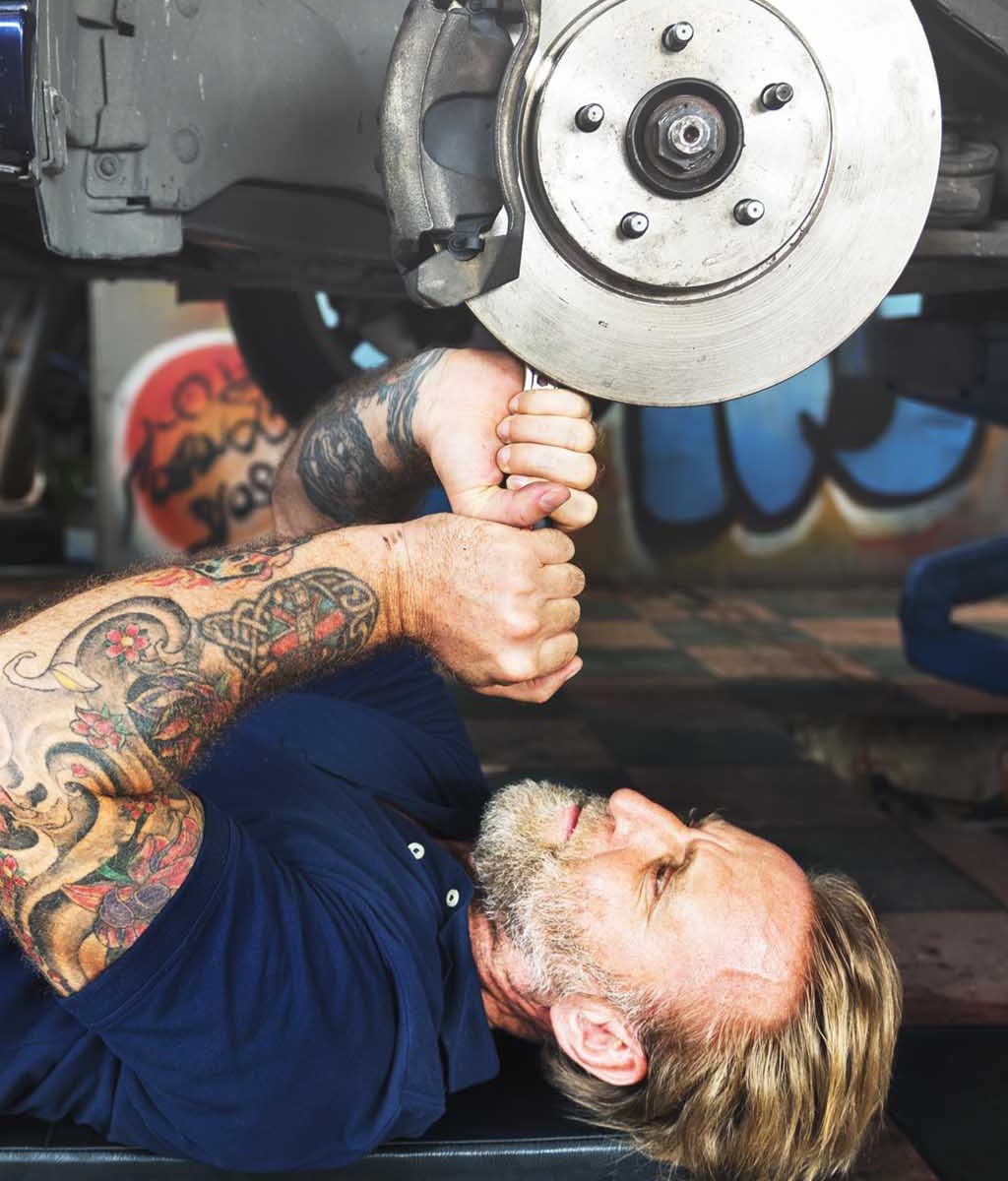
Do you need a brake inspection?
There are a number of tell-tale signs to look out for when using your brakes
Grinding – when the friction material on brake pads are heavily worn, this can result in a grinding noise as the brake pad has worn down to the metal caliper. This will likely damage the brake disc also.
Squeaking – there are many reasons why brakes squeal. It could suggest the brake caliper has stuck and the brakes pad remains partially applied to the disc but some pads have wear indicators that squeal when worn to let the driver know the brakes need changing. Either way, you should get this checked out.
Pulsating – If you feel a continuous pulsating from the brake pedal whenever you apply the brakes, this indicates the brake disc has become warped due to excessive heat. Pulsation occurs because the brake disc is distorted and no longer provides a perfectly flat surface when the brake pad makes contact. If this only occurs when you apply the brakes firmly, it could just be the ABS kicking in but you should have this checked out if you are concerned or it happens regularly.
Pulling – if your car pulls to the left or right when you apply the brakes this is usually indicative of a sticking hydraulic or mechanical component such as a seized caliper. An inspection can identify the precise reason for the vehicle pulling to one side.
Sponginess – the brake pedal feels spongy and the brakes seem unresponsive. This is a sign that air has entered the brakes lines and is preventing the brake fluid from flowing through this system effectively.
Soft Brake Pedal – if the brake pedal is limp and goes all the way to the floor, this indicates a serious braking system fault which you should have inspected immediately. A brake pedal that is soft and can be applied all the way to the floor usually means the brake fluid is ineffective and needs replacing but there can be several other potential reasons such as a master cylinder fault.
Dashboard Light – if a brake warning light appears on your instrument panel either continuously or when you apply the brakes it usually means the brake fluid level is critically low. This could also indicate a leak in the brake hoses.
High Handbrake – If the handbrake is pulling up higher than it normally does it may need adjusting. In modern cars, this is usually anything more than 6 to 8 clicks. If the handbrake lever reaches the end of its travel it will fail the MOT.
Old Brake Fluid – If your brake fluid is over 2 years old it may be losing its effectiveness since it has hygroscopic properties which means it absorbs moisture over time. This affects the properties of the fluid which negatively affects braking ability. Brake fluid should be change approximately every two years but check your manufacturers handbook.
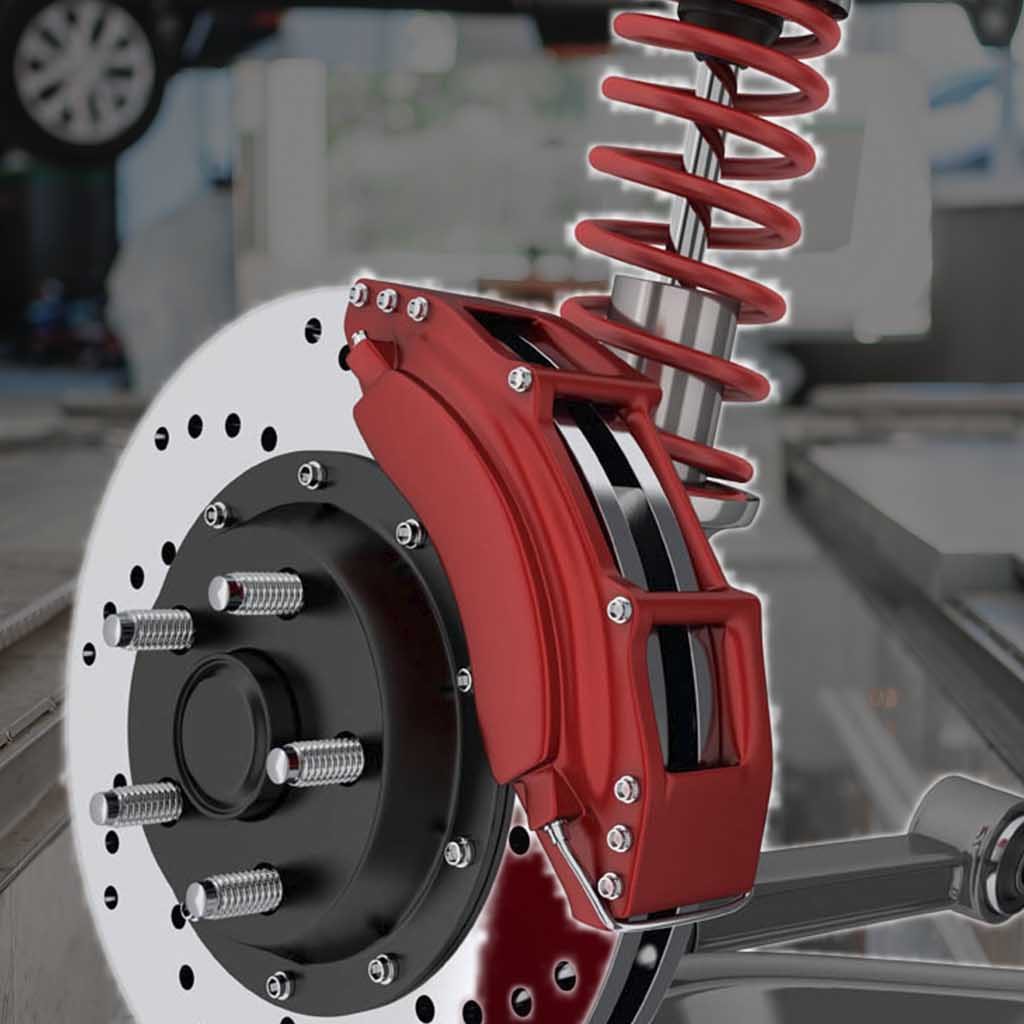
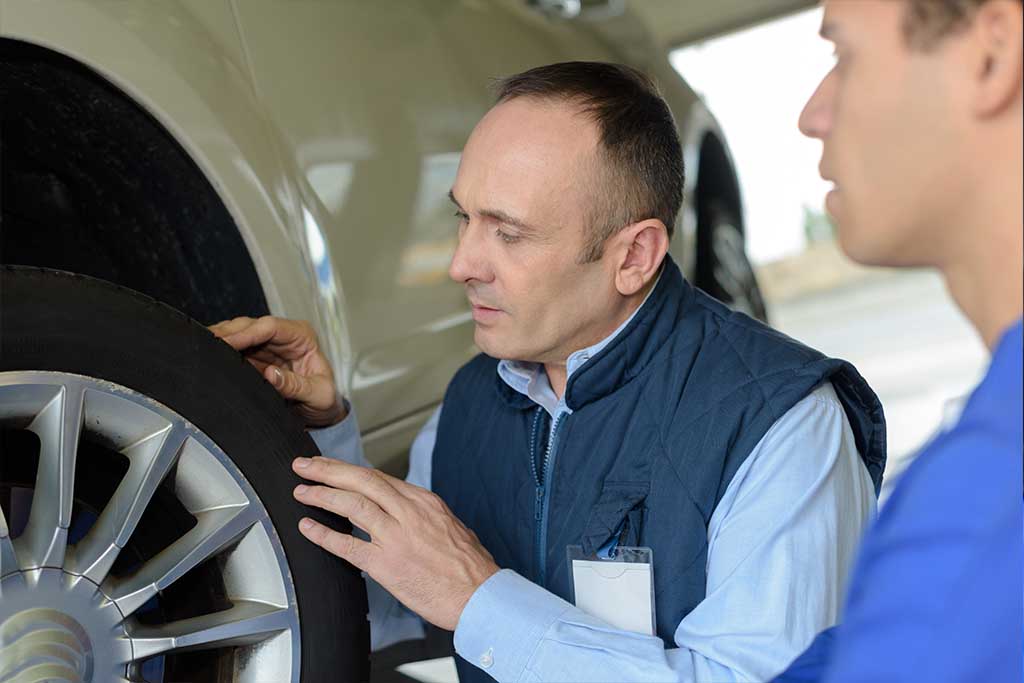
Your Brake Check At Wilkinsons
Regular brake checks are an important part of any vehicle preventative maintenance plan. Brake checks can identify a problem before it begins to impact on your braking efficiency, thus providing an opportunity to restore the effectiveness of your vehicle’s braking system to its intended operating performance.
At Wilkinsons we know how important the regular inspection and maintenance of your brakes can be to ensure your brakes continue to work effectively. We have over 600 brake specialists nationwide who are fully trained and committed to maintaining your brakes in an expert and cost effective manner. What components does the brake inspection cover?
Components covered
in the brake inspection
Our comprehensive brake check begins with a preliminary road test to check the braking system followed by a series of inspections in the following key areas:
- Brake Pedal – We will check the pedal travel and servo operation during a static test.
- Pads & Shoes – We will measure the pads or shoes for wear and also check for damage.
- Wheel Cylinder – We will examine the cylinder assembly and master cylinder for damage or fluid leaks.
- Disc Brake Calipers – We will examine the calipers, hoses and pipes, checking for damage or fluid leaks around each brake unit.
- Precision Inspection – We will measure the discs or drums for wear as well as reporting any damage.
- Handbrake – We will report the condition and operation of the handbrake.
- Brake Fluid – We will check the quality of the brake fluid to ensure it still lubricates effectively and has not taken in a high level of moisture.
- Final Road Test – to check the braking system is working effectively.
Here at Wilkinsons, we stock quality brakes to fit the widest selection of cars and light commercial vehicles, so when your brakes need attention you are never very far away from the solution. We all understand the importance of keeping your braking system working at its optimum level, so why not book your free brake check today?
